Candidate's Market or Employer's Market?
During the Pandemic, hiring trends created a candidate’s market, but recent shifts are showing it may become an employer’s market.
Candidates had their choice in organizations to join and we saw an increase in hiring, particularly within the tech arena. Although organization staff numbers continue to exceed or remain near what was seen pre-Pandemic, a growing concern is the increase in layoffs and what that means for the economy.
Layoffs are on a rise in the tech industry with over 138,012 employees laid off across 861 tech companies nationwide in 2022. However, economists claim layoffs within the tech industry indicate a cooling economy, but we are not expected to see an uptick in layoffs across other sectors.
Throughout the nation, companies who did not over hire during the Pandemic are continuing a growth trajectory and it is becoming an employer’s market. With a growing pool of individuals in the Tech industry, organizations who halted their growth and are now prepared to hire and/or rehire will have a greater pool to select from. Enabling organizations to find the right fit and take their time in hiring new talent.
Candidates will be pushed to set themselves apart from others, by revamping their resume, cover letter and interviewing skills and working on selling themselves to employers. This means they may not be able to push in the same way as they did before to make their role remote, as employers push to have their team in person once again.
Many employers are pushing for candidates to be a “Culture Add” and no longer just a “Culture Fit”. They want people to come in and challenge them, help the team grow, adapt to change, and assess needs before they arise, and to align with the mission, vision and values, while pushing the team to continue that alignment.
An employer’s market will enable them to find the right “Culture Add” and to truly assess a person’s alignment with the organization. Employers will no longer be content with having their team working solely remotely and not bringing added value to the team and this will push us into some sense of normalcy that many of us have not seen since Pre-Pandemic.





